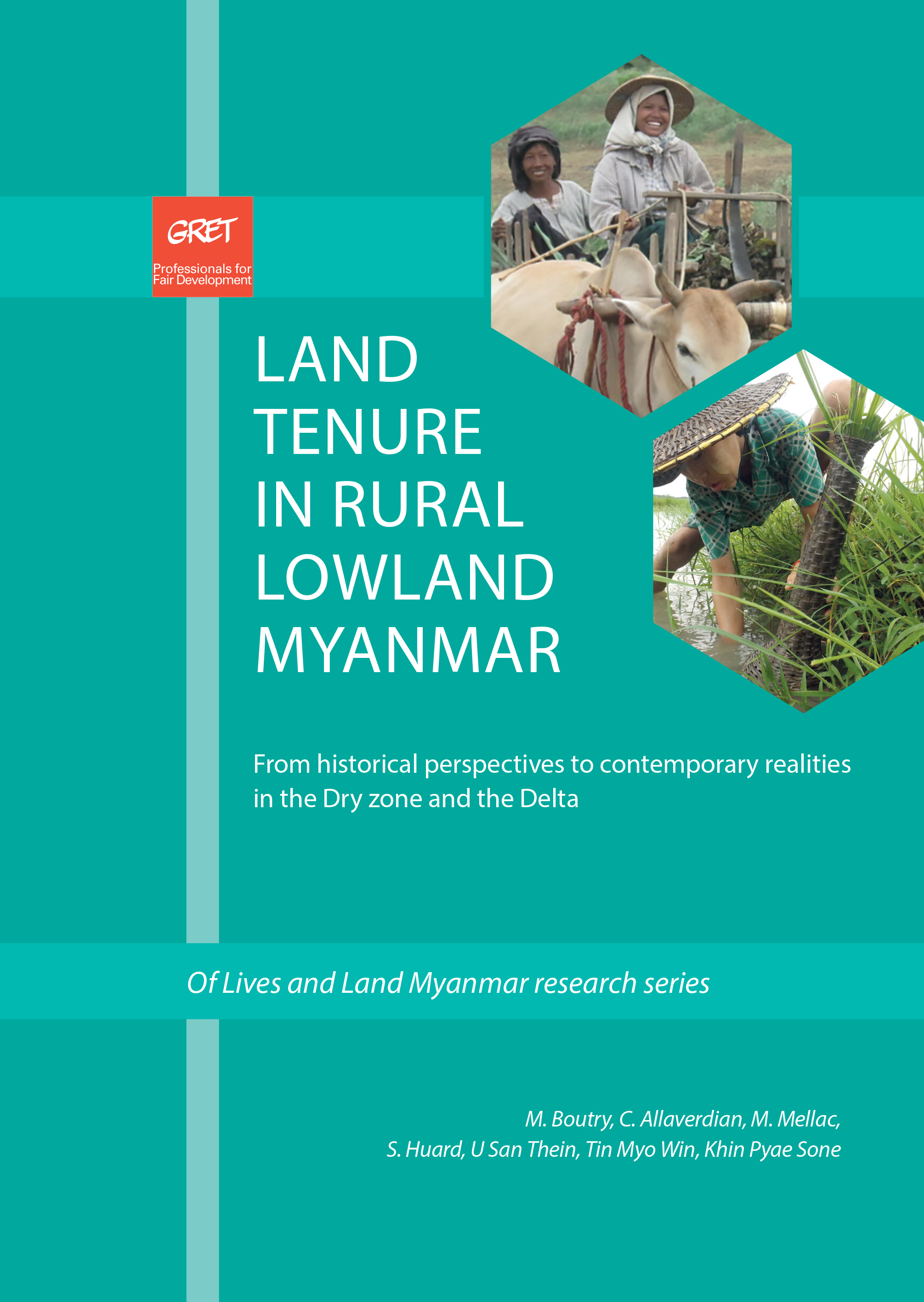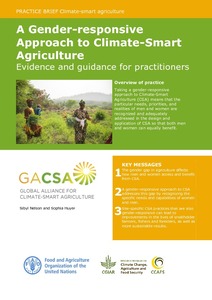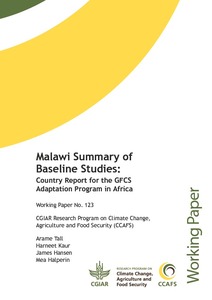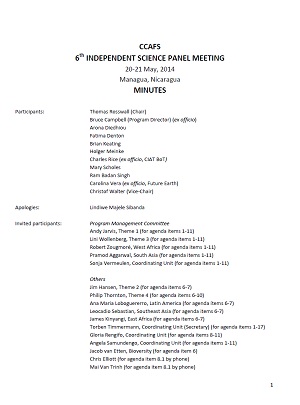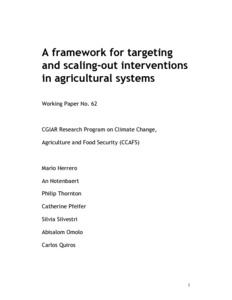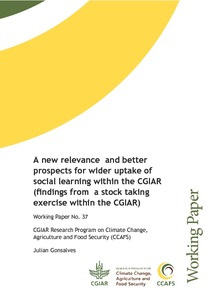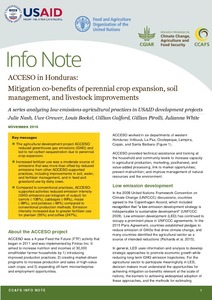A Macroeconomia e a Produção Agrícola em Moçambique
Este trabalho procura verificar a relação entre variáveis macroeconómicas e a produção agrícola em Moçambique. O sector agrícola desempenha um papel fundamental no desenvolvimento da economia moçambicana. Assim sendo, torna-se importante compreender a relação entre o ambiente macroeconómico e o sector. De acordo com Ali et al. (2010) a economia agrícola mundial tem sido substancialmente sensível aos movimentos dos indicadores macroeconómicos.


